Join us for
Network 20/20’s Deep Dive on Russia’s Invasion of Ukraine
TIME
Tuesday, April 13, 2022
2:00 – 9:00 pm
LOCCATION
SUNY Global Center
116 E 55th Street
New York, NY 10022
PROGRAM HANDBOOK (included suggested readings from speakers)
PROGRAM AGENDA
SESSION 1
Time: 2:15 – 3:15 PM ET
“Historical overview of relationships between Russia, Ukraine, and the West”
Professor Jane Burbank
SESSION 2
Time: 3:30 – 4:30 PM ET
“The Future of Europe’s Security Architecture”
Steven Keil
SESSION 3
Time: 4:45 – 5:45 PM ET
“The Fungibility of European Energy”
Professor Theresa Sabonis-Helf
SESSION 4
Time: 6:00 – 7:00 AM ET
“The Economic Impacts of the Invasion”
Rachel Ziemba
SESSION 5
7:30 – 9:00 PM ET
“What’s Next After the Invasion?”
Dinner with keynote speaker Dr. Thomas Graham
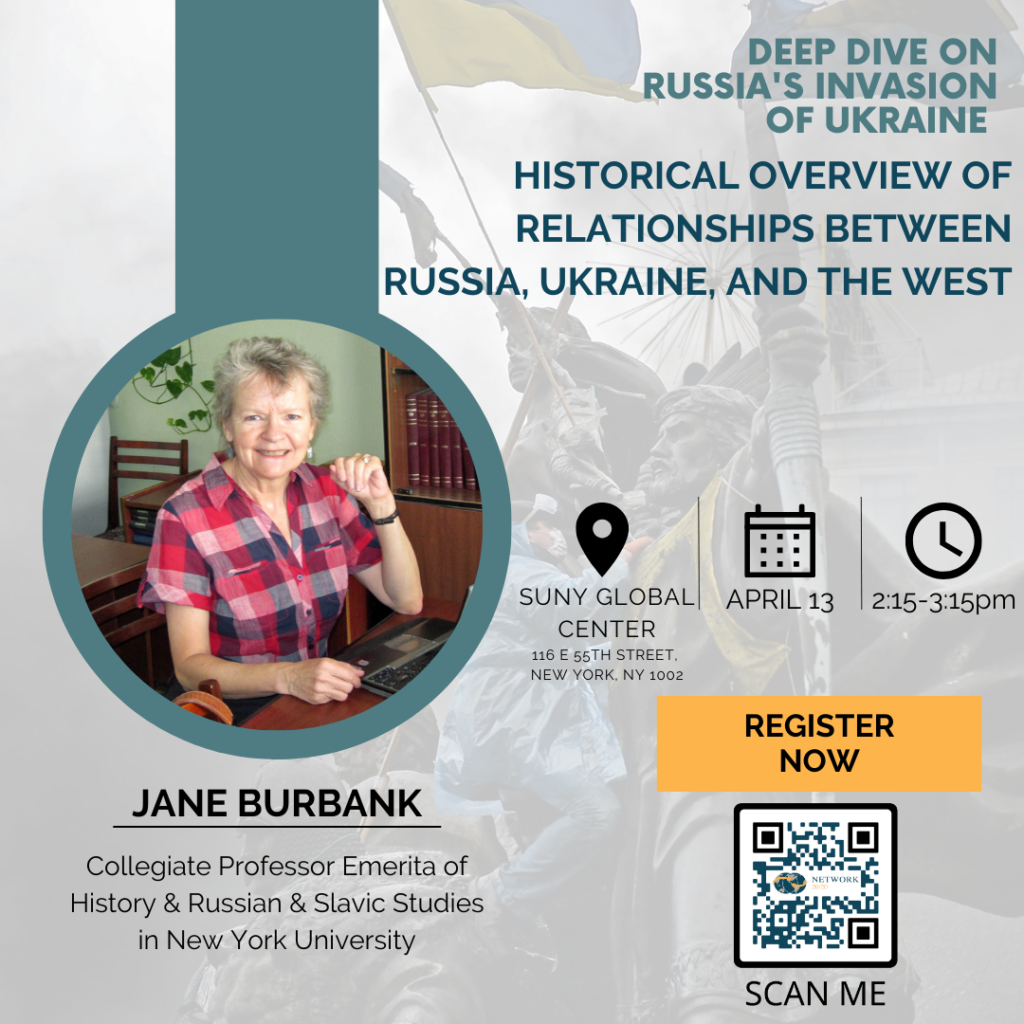
Jane Burbank is an Emeritus Professor of history and Russian and Slavic studies at New York University. Her books include Intelligentsia and Revolution: Russian Views of Bolshevism, 1917-1922 (New York: Oxford University Press, 1986), Russian Peasants Go to Court: Legal Culture in the Countryside, 1905-1917 (Bloomington: Indiana University Press, 2004), and, co-authored with Frederick Cooper, Empires in World History: Power and the Politics of Difference (Princeton: Princeton University Press, 2010), available in French as Empires de la Chine ancienne à nos jours (Paris: Payot-Rivages, 2011).
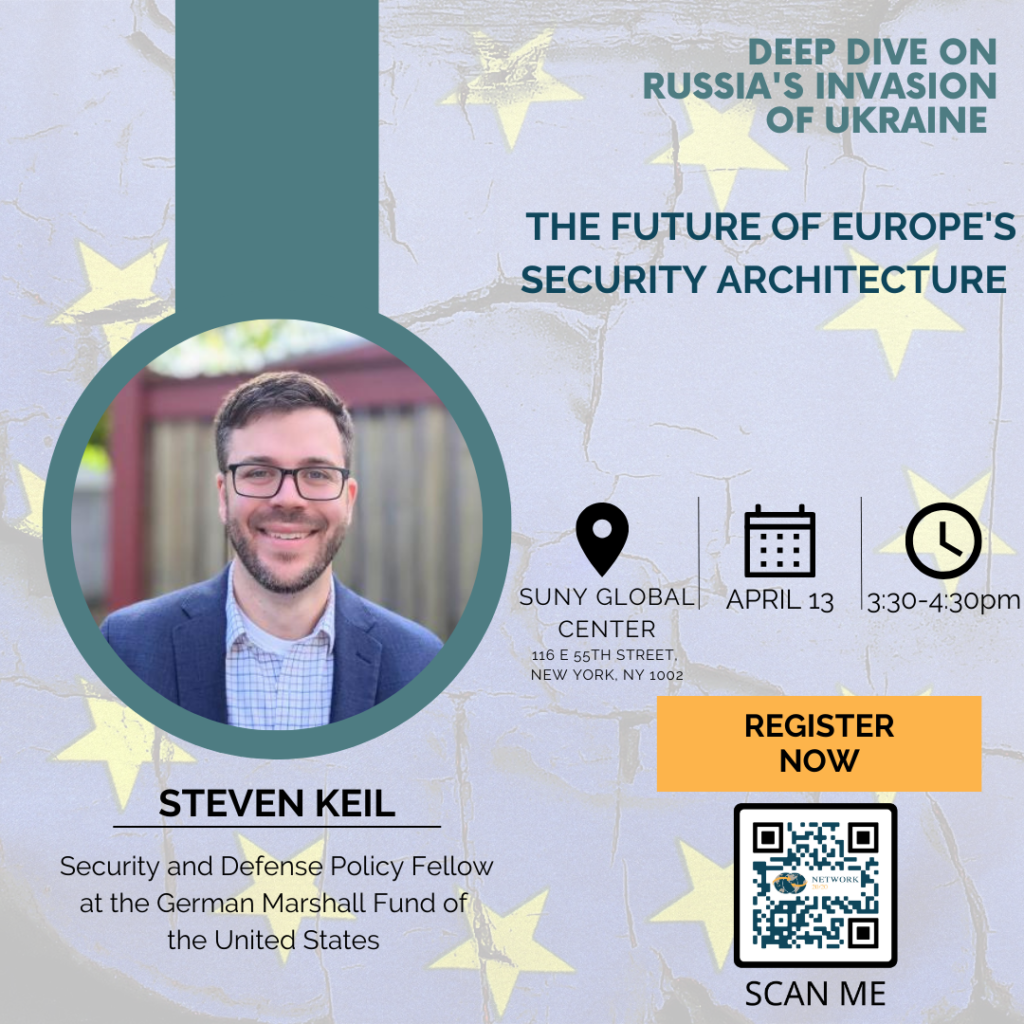
Keil has an extensive analytical track record at the intersection of U.S. national security, regional European security, and Russian foreign policy. He has advised and briefed numerous policymakers on both sides of the Atlantic, and his work has been featured in outlets like Defense One, Defense News, the National Interest, The Hill, and Just Security, among others.
Keil received his bachelor’s from the University of South Dakota in political science, German, and history and holds a master’s degree from Georgetown University’s School of Foreign Service BMW Center of German and European Studies. He speaks German and basic Russian.
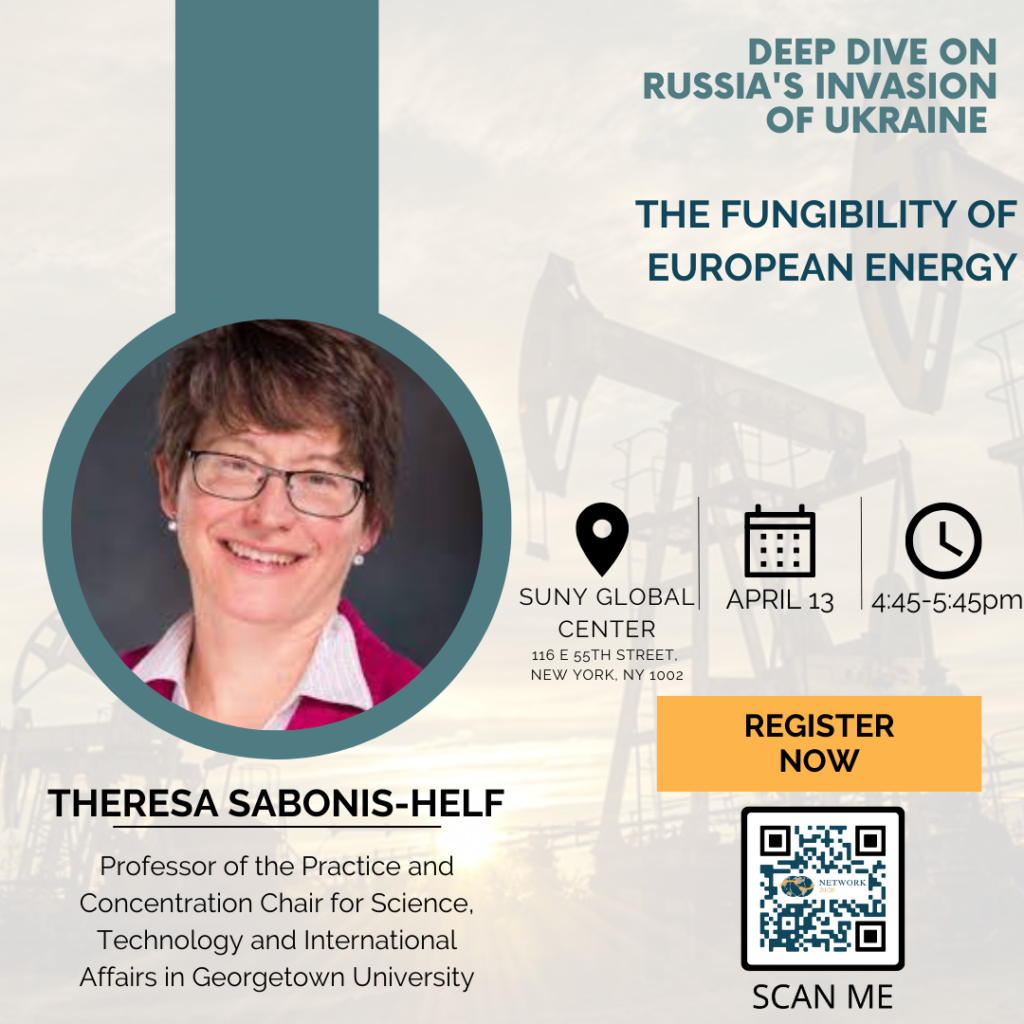
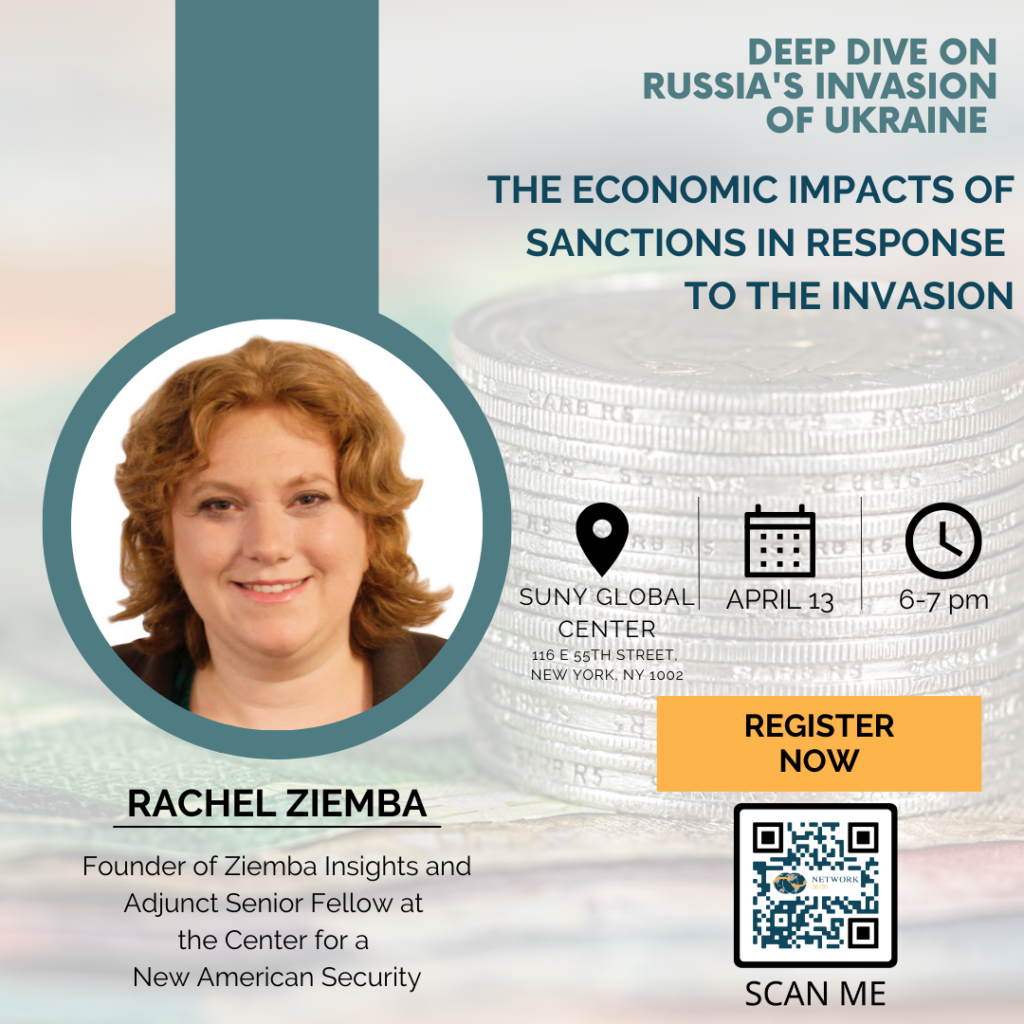
She is also Adjunct Senior Fellow at the Center for a New American Security (CNAS). She is also on the advisory board of Enquire.ai, the Harriman Foreign Service Fellows and the Middle East Energy and Growth program at the Middle East Institute. She is contributor to EM Views and a non-resident fellow at the Gulf International Forum. She previously was an Adjunct Lecturer at New York University’s Center for Global Affairs, teaching international political economy. Before founding Ziemba Insights, Rachel served as the head of emerging markets research at Roubini Global Economics, a global macro strategy and country risk firm. In that capacity she co-led the research team, overseeing the firm’s quarterly global economic outlook and scenario production and implementing many of its customized research projects and due diligence exercises for private equity firms. The work leveraged the firm’s systematic country risk model, global economic forecasting model and a variety of financial tools to generate actionable ideas. Rachel regularly serves as an expert commentator in key media outlets including CNBC, Bloomberg, New York Times, Financial Times, and her research has been cited by a range of international institutions including the International Monetary Fund, World Bank and European Central Bank as well as many academic Institutions. She has served on a range of task forces aimed to generate policy ideas on Egypt, Middle East policy and economic sanctions. She is the co-author of “Scenarios for Risk Management and Global Investment Strategies” and “Investing in the Modern Age” both with William Ziemba. Rachel started her career in international development, working for the Canadian International Development Agency in Egypt, and the International Development Research Centre (Canada) on development economic issues. She also spent time as a US State Department intern at the Embassy in Paris (where she was an inaugural recipient of the Pamela Harriman Foreign Service Fellowship) and the Consulate in Toronto. She holds a bachelor’s degree from the University of Chicago with honors, and a Master of Philosophy degree in international relations with a specialization in international political economy from St. Antony’s College, Oxford University (with distinction). She also serves on the Board of the Heart and Soul Charitable Fund, a charity that supports NYC community programs.
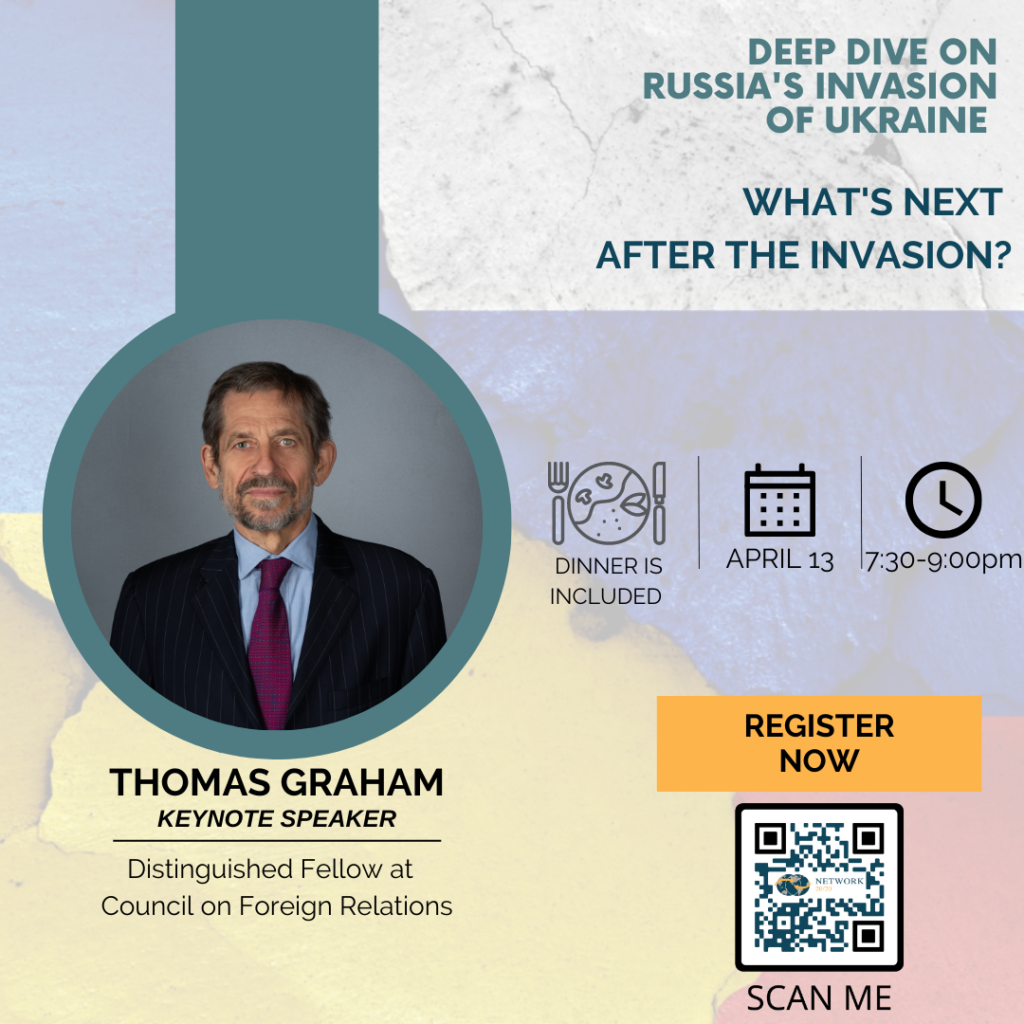
Graham served as an advisor to Kissinger Associates from 2008 to 2021. He was a Foreign Service officer for fourteen years. His assignments included two tours of duty at the U.S. Embassy in Moscow in the late Soviet period and in the middle of the 1990’s during which he served as head of the political internal unit and acting political counselor. Between tours in Moscow, he worked on Russian and Soviet affairs on the policy planning staff at the U.S. Department of State and as a policy assistant in the office of the under secretary of defense for policy.
Graham serves on the Kennan council of the Kennan Institute of the Wilson Center and on the advisory board of Russia Matters, a project of the Harvard Kennedy School’s Belfer Center for Science and International Affairs with the goal of enhancing the understanding of Russia among policy-makers and the interested public. He also serves on the editorial board of the US-Canada Journal of the USA-Canada Institute of the Russian Academy of Sciences.
Graham holds a BA in Russian studies from Yale University and an MA in history and a PhD in political science from Harvard University.

